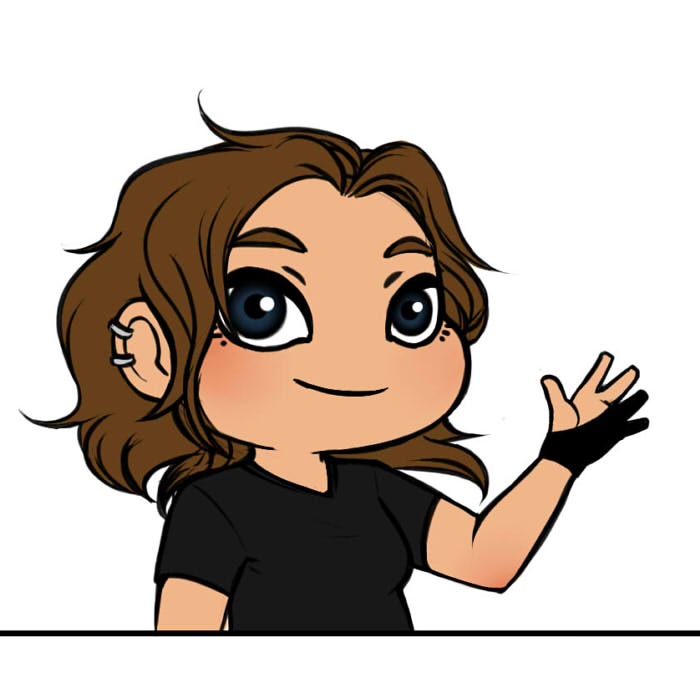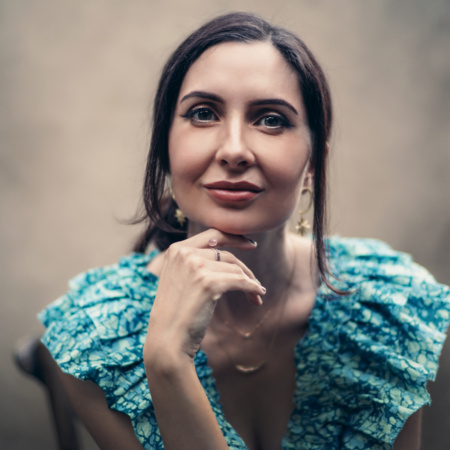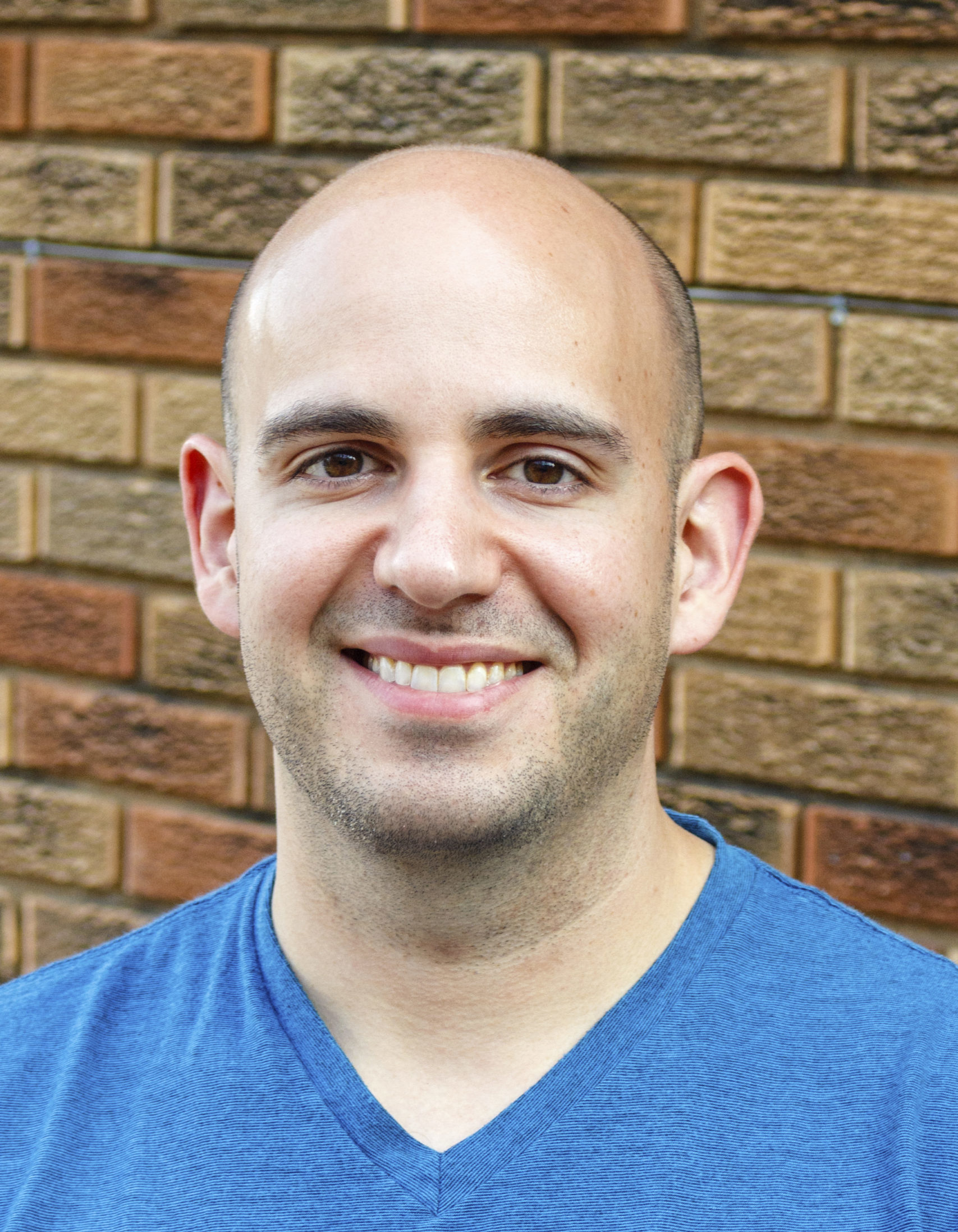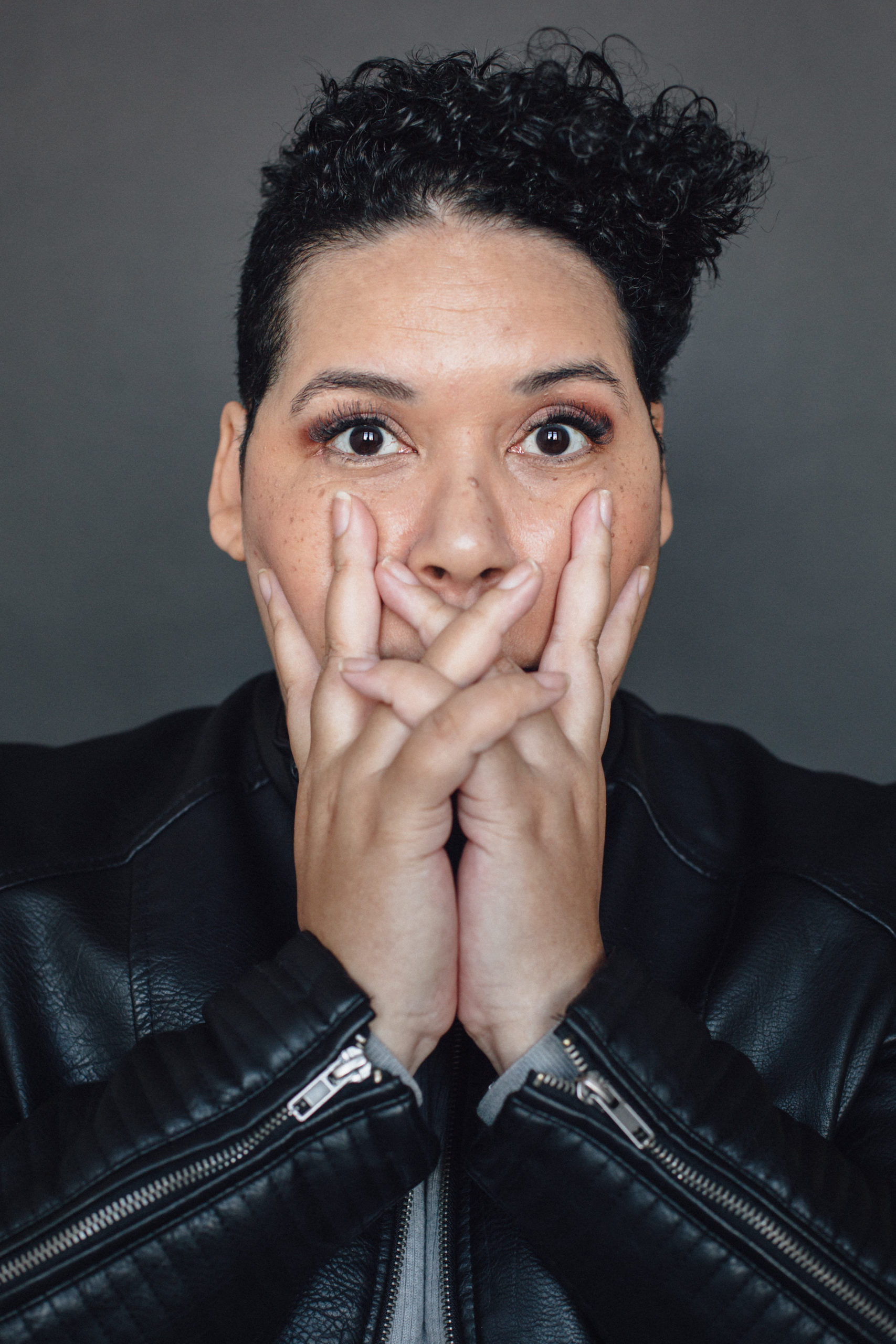
by Damon Goodrich-Houska (they/them) | May 31, 2023 | Blog
“And so, Doctor Beckett finds themselves leaping from pride to pride, striving to assemble what once went amiss, and hoping each time that their next leap will lead to a fabulous, fully decorated home … or something” Busy Geek Breakdown (TL;DR): Get ready for...

by Michele Kirichanskaya | Feb 26, 2023 | Blog
Madeleine Cull (AKA Mccull) – has been a webcomic artist for close to ten years now, and has been writing stories for as long as she can remember. She currently lives in the pacific northwest and spends most of her time drawing or hanging out with her cat, but...

by Michele Kirichanskaya | Jan 20, 2023 | Blog
Taleen Voskuni is an Armenian-American writer who grew up in the Bay Area diaspora surrounded by a rich Armenian community and her ebullient, loving family. She graduated from UC Berkeley with a BA in English and currently lives in San Francisco, working in tech....

by Michele Kirichanskaya | Nov 22, 2022 | Blog
ADIB KHORRAM is the author of DARIUS THE GREAT IS NOT OKAY, which earned the William C. Morris Debut Award, the Asian/Pacific American Award for Young Adult Literature, and a Boston Globe–Horn Book Honor, as well as a multitude of other honors and accolades. His...

by Michele Kirichanskaya | Nov 18, 2022 | Blog
C. L. Polk (they/them) wrote the Hugo-nominated series The Kingston Cycle, including the WFA-winning Witchmark. The Midnight Bargain was a Canada Reads, Nebula, Locus, Ignyte, and WFA finalist. They have worked as a film extra, sold vegetables on the street, and...





